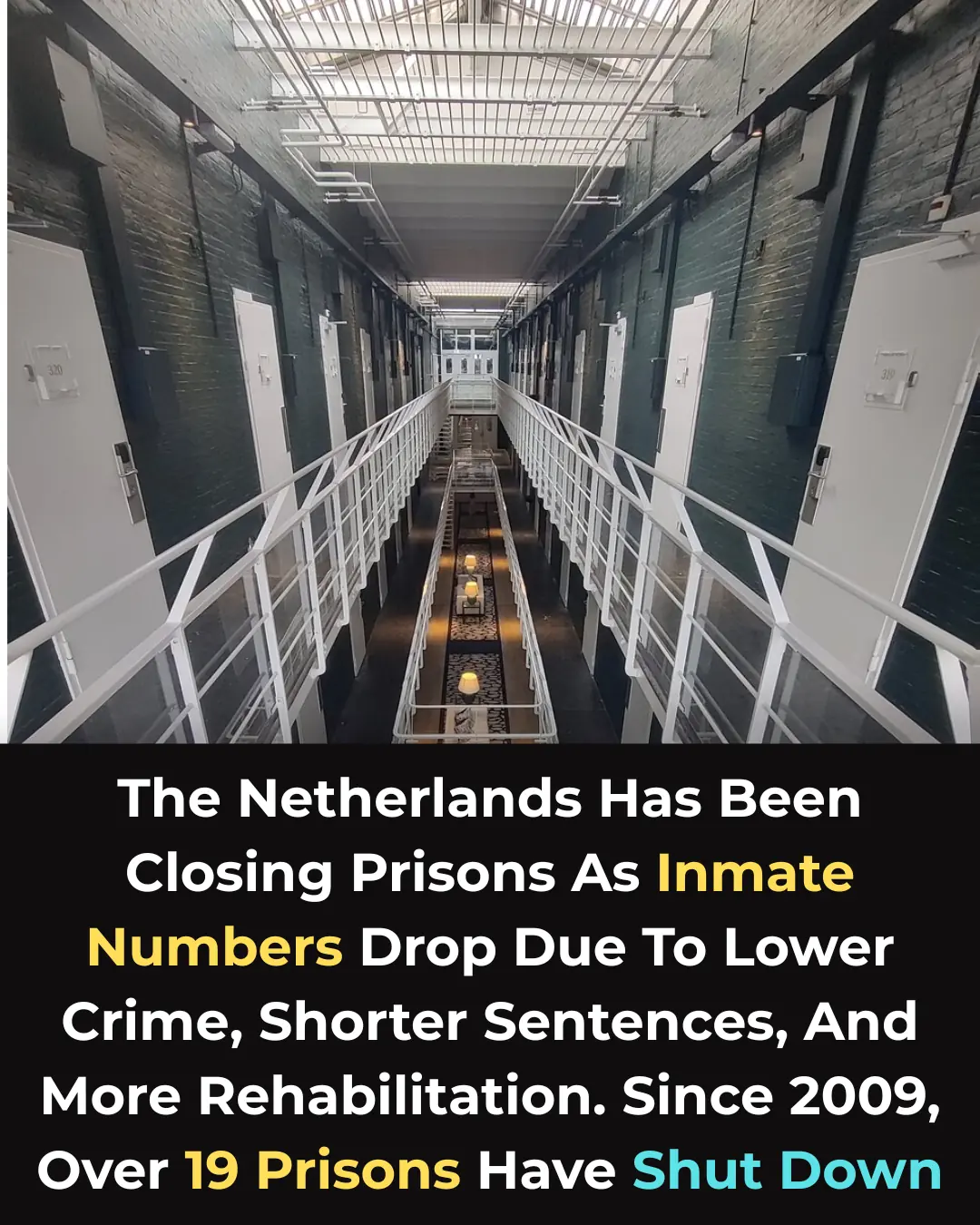
From Precarious to Prosperous: Denmark’s Approach to Entry-Level Jobs
Denmark has transformed what a “fast food job” can—and should—look like. Employees at McDonald’s in Denmark earn roughly US $20–22 per hour (depending on the exchange rate and shift differentials), and enjoy a benefits package that extends well beyond what many would expect from an entry‑level job elsewhere.
According to the most recent collective bargaining agreement between McDonald’s employers and the 3F trade union (which represents fast‑food and service workers), the base wage for adult workers (18+) in 2024–2025 is about 135–138 Danish Kroner per hour — which currently converts to roughly US $21–22. What’s more, working evenings, nights, weekends or on public holidays typically brings extra pay, so a full‑time worker who frequently covers those shifts may see an effective hourly rate even higher than the base — making the “$22 per hour” figure a realistic average.
But the compensation doesn’t end with hourly pay. Workers in Denmark also receive six weeks of paid vacation per year — five weeks guaranteed by national law, plus an extra week negotiated under the union agreement. In addition, McDonald’s Danish staff benefit from a pension plan, paid maternity and paternity leave, paid sick leave, and in many cases “special savings” — extra employer contributions or savings plans tied to income, which help with long‑term financial security.
This arrangement highlights a key principle: when fair labor standards are institutionalized — not as a perk but as part of the system — even so-called “entry-level” jobs can offer stability, respect, and a genuine living wage. What might elsewhere be a precarious job with uncertain hours, low pay, and no benefits becomes in Denmark a viable foundation for a decent living.
It’s worth noting that this doesn’t come from a government‑mandated minimum wage. The country does not set a statutory minimum wage; instead, wages and working conditions for large sectors, including fast food, are established through collective bargaining. In effect, strong union representation and social negotiation — not mandated wage floors — have created a de facto living wage across many low-skill jobs.
To put things in perspective: compared with many fast-food workers elsewhere — where pay may be low and benefits minimal or non-existent — Danish workers at McDonald’s often enjoy above-average pay, job security, and a full set of social protections. This shows a society-level commitment to dignity at work. It’s a concrete illustration that “good jobs,” even in the service sector, don’t have to be a contradiction in terms.
In short: Denmark’s model suggests that fair labor standards, strong social dialogue, and collective bargaining can transform a fast-food job from a stopgap or survival job into a respectable, sustainable position — even for young or inexperienced workers.
News in the same category


The Curious Story Behind "Ancient Lights" in UK Property Law

California’s Solar-Canal Initiative: A Game-Changer for Clean Energy and Water Conservation

Nevada Teen Shows Extraordinary Love, Buys Mom a Chevrolet Metro

The Greenland Shark: A Creature That May Have Lived Through the 1600s

Steve Ballmer’s $170 Million Annual Commitment to Early Childhood Education in Washington State

Why Germany’s Animal Shelters Are Virtually “No‑Kill” — And How the Law Makes It So

Steven Pruitt and the Power of Volunteer Knowledge

Frisson: The Science and Sensation of Goosebumps from Music and Art

A Ride for Hope: How One Afghan Father Is Transforming His Daughters’ Future

When Life Begins With a Flash: Understanding the Zinc Spark Phenomenon

From Endangerment to Recovery: The Remarkable Journey of the Haleakalā Silversword

Closing Prisons, Strengthening Communities: The Netherlands’ Remarkable Shift

The Quiet Billionaire: How Epic Systems’ Founder Is Donating Nearly All Her Wealth

Utqiaġvik’s Polar Night: Sixty-Seven Days Without a Sunrise in Alaska’s Northernmost City

A Remarkable Encounter: How a Sparrow’s Nest Was Left Standing Amid 200 Fallen Plants

Innovative Mobility: Denmark’s Mobile Markets Enhancing Food Access for Seniors

Revolutionary Miniature Implant Offers New Hope for Restoring Vision in Macular Degeneration Patients

A Simple Superfood That Enhances Your Baby's Brain Development During Pregnancy
News Post

Doctor says this is the #1 supplement to take if you have arthritis

Why Your Legs Cramp At Night And How To Stop It From Happening

What happens when you start eating chia seeds every day

The Plant That Kills Cancer Cells, Stops Diabetes And Boosts Your Immune System!

How to treat nerve pain in the foot, toes & legs

Headache Above or Behind the Left Eye: Causes and Treatments

5 Deficiencies Almost Everyone Has (And Doesn’t Know About)

Eggs and Coffee: A Surprisingly Powerful Breakfast Combination

Boost Your Immune System Year-Round with Garlic, Onion, and Lemon

Fig Sap (Ficus carica): Uses, Benefits, and Safety Considerations

Billionaire Judy Faulkner, 82, Commits to Giving Away 99% of Her $7.8B Fortune

The Curious Story Behind "Ancient Lights" in UK Property Law

California’s Solar-Canal Initiative: A Game-Changer for Clean Energy and Water Conservation

Nevada Teen Shows Extraordinary Love, Buys Mom a Chevrolet Metro

The Greenland Shark: A Creature That May Have Lived Through the 1600s

Steve Ballmer’s $170 Million Annual Commitment to Early Childhood Education in Washington State

Why Germany’s Animal Shelters Are Virtually “No‑Kill” — And How the Law Makes It So

Steven Pruitt and the Power of Volunteer Knowledge
